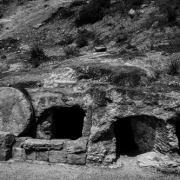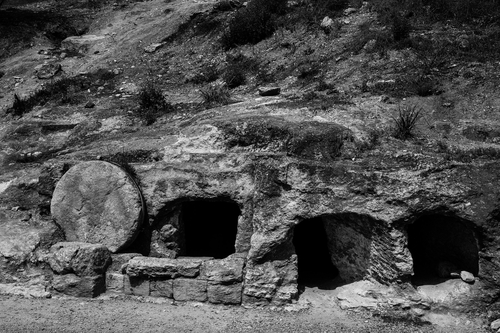Together In His Name
Dear Pastor, Preacher, or Bible Teacher –
Did you get to preach or teach God’s Word this last weekend? If you did get that privilege, you might be a little drained today. If it is done right, preaching and teaching the Bible will take something out of you. It’s not only a giving of God’s truth, it is also a giving of one’s self.
Here is an encouraging word from Jesus:
For where two or three are
gathered together in My name,
I am there in the midst of them.
(Matthew 18:20)
In my last email to you we thought about the first few words of this wonderful verse, Matthew 18:20: Where two or three are gathered. Now let’s think about the next few words: are gathered together in My name.

As always, we want to remember the context of this encouraging word from Jesus. Our Savior said this in the context of speaking about order and even correction among God’s people (Matthew 18:15-18). Jesus promised to be among His people, and that His presence would give them the authority to confront and correct.
Still, we can’t miss what Jesus said: that His people should be gathered together in His name. Even it if is only a few (two or three), if they are gathered together in His name, it’s a precious gathering to Jesus. We could say that the most important thing isn’t so much gathering together – people do that all the time. The most important thing is gathering together in Jesus’ name.
Gathering together in His name means that we are known by Jesus and by His name. We belong to Jesus, and we aren’t afraid to proclaim it. It doesn’t matter if the culture or a government thinks we are foolish or dangerous for meeting in Jesus’ name; we love to gather together in His name.
Gathering together in His name means that Jesus is our point of gathering; we gather around Him. What draws us together and keeps us together is Jesus. It isn’t race, class, political party, or ethnic group. We gather around Jesus, the real Jesus revealed in the Bible.
Gathering together in His name means gathering according to the character and nature of Jesus. Our meetings, our church services, our Bible studies, and Sunday school classes are of such a character that Jesus would endorse them. They are consistent with the love, wisdom, character, and holiness of Jesus.
Isn’t it wonderful to gather in the name of Jesus? And, if God has given you the responsibility for leading, organizing, or teaching when God’s people are gathered together, I pray that God will give you the grace and the wisdom to always do it truly in the name of Jesus!
Blessings to You in Jesus’ Name – David Guzik
Click Here to Receive Email from David for Pastors, Preachers, and Bible Teachers












